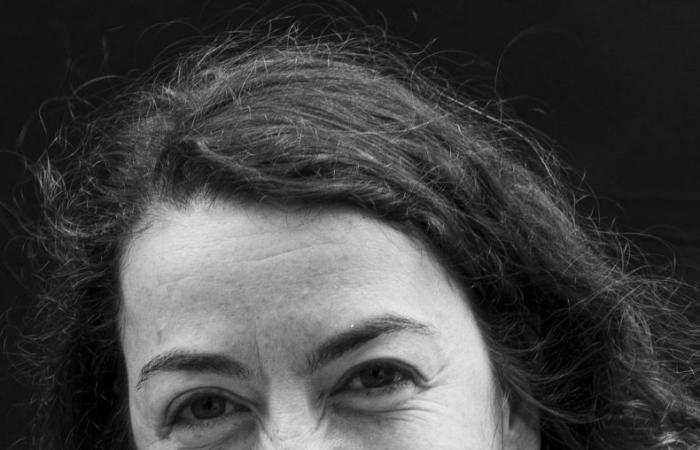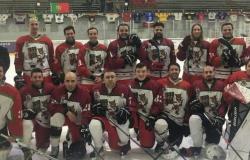If there is such a thing as the “Leiriense mentality”, what are we talking about? And how has it changed in the last 30 years?
For Maria Pedro, who came from Bairrada to Leiria at the age of 4, left here at 17 to study Biochemistry, and returned 20 years later, some traits remain: “There is a great appreciation of appearance and of futile and superficial things. But there has also always been the good thing about curiosity: people want to know more, read, see, try. It was here that, in the 1980s and 1990s, I came into contact with records, books, and the more urban culture that, as a teenager, had a big impact on me and opened up the world. I don’t think I would have read philosophy if some of the people I talked to hadn’t lent me books.”
And what changed? “Where before there were socialization habits based on a kind of need for affirmation towards others, sometimes with aggression disguised as a joke, today I see that there is more empathy and affection. The new generations are much more inclusive. Leiria was one of niches. Today it is easier for people to talk and open up to other realities. And I think this has to do with art, with new cultural production, the work done at Miguel Franco, Arquivo, A Porta, Mimo, all things that changed the city”.
Still, Leiria could be more welcoming, says Maria. “There seems to be distrust towards those who come from outside. We are culturally distant. I’m sometimes told that I don’t look like I’m from Leiria because my Bairradina ribs make me easily break codes and social barriers. But let’s think about those who come from outside and are, apparently, adapted to our society, but sometimes live in atrocious loneliness. We have all become more aware of the problem of loneliness among the elderly, or the need for refugees to integrate, and that is good. But what about the loneliness of those like us?”
Maria smiles when she talks about her roots. Piglet and sparkling wine. From his father and mother, who are from Águeda and met there. From her maternal grandfather, given to studying genealogy, whose ancestor is the Count of Sucena “who was not a true count, he bought the aristocratic title”, she tells us, amused. On his father’s side, there are Italian ancestors: “a merchant called Guarino from Verona who pursued commercial careers and, at a certain point, settled in the Iberian Peninsula. I saw images on Wikipedia and he is an ugly man, with a big nose”.
We’re still laughing at our ancestor’s nose when he tells us about the time he shot potatoes at a cannon contest in Winnipeg. Like this? Nobody goes to Winnipeg, Canada – unless you are a visionary researcher in the middle of a PhD in Physiology, looking for a very specific technology that will allow you to discover and patent a hormone produced by our liver, which can treat diabetes. “I really like understanding how the human body works: How does your heart beat? How does your brain work? I like working with the peripheral nervous system and the metabolic part, hormones and the chemistry of life”, he explains to us in this language of science that, in Maria’s mouth, sounds like a poem.






